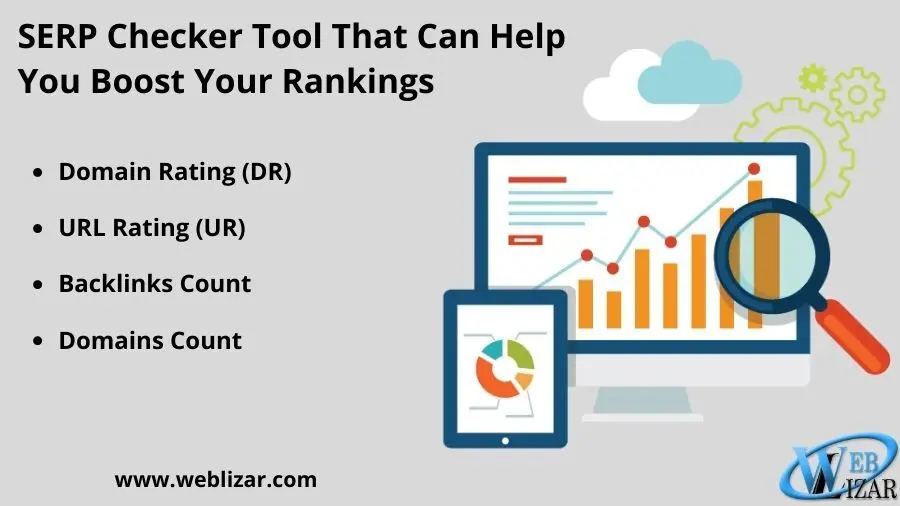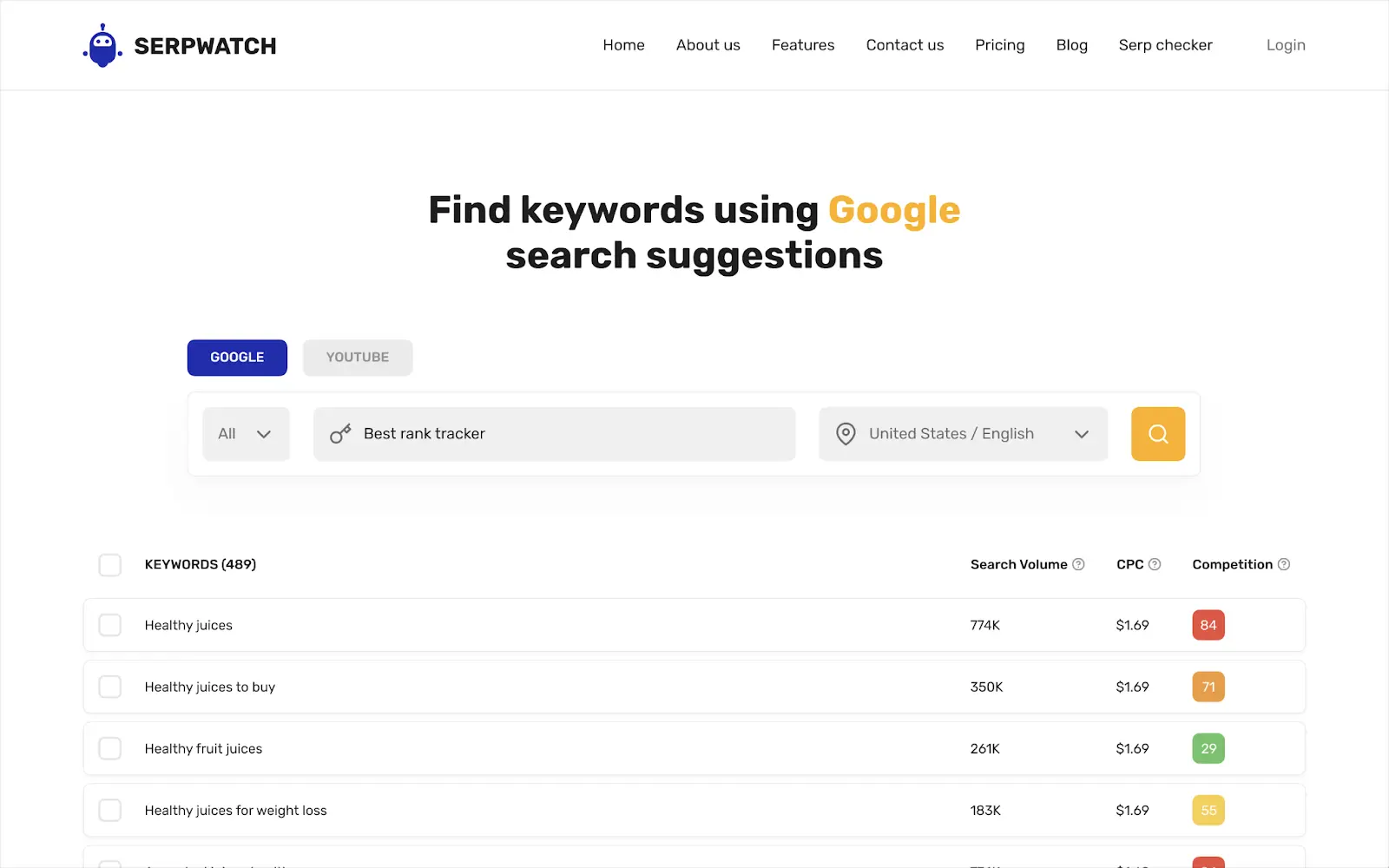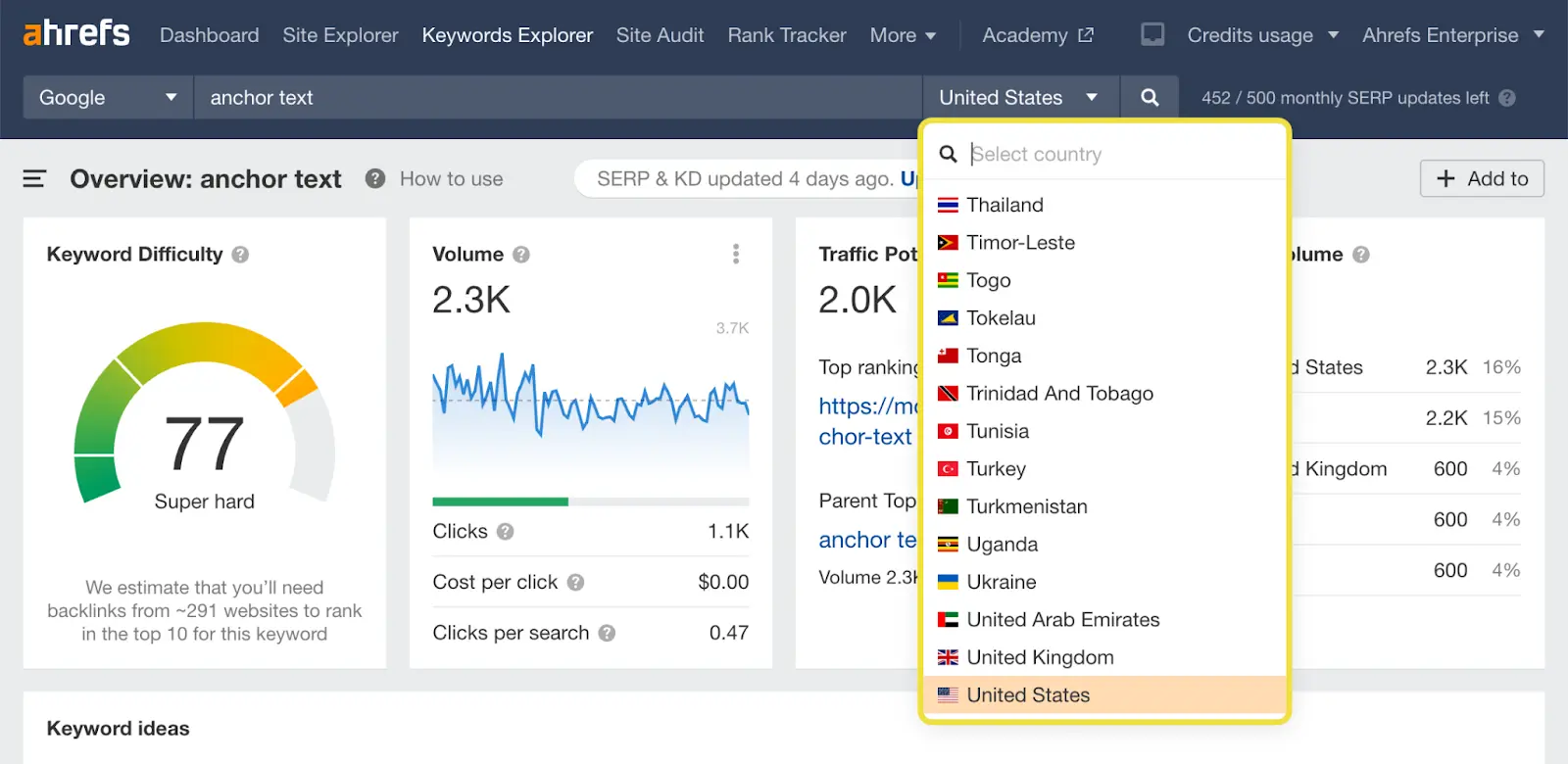
Mastering SEO with SERP Checker Tools: A Step-by-Step Tutorial
Hey there, digital marketers and SEO enthusiasts! Are you ready to elevate your SEO game? One of the most powerful tools in your arsenal is the SERP (Search Engine Results Page) checker tool, like a free SERP checker tool or the best free SERP checker. These handy tools are like the GPS of the digital marketing world, guiding you through the maze of SEO to improve your website’s visibility. Let’s take a step-by-step journey to understand how you can master SEO with the help of SERP checker tools, including the best SERP checker and a free online SERP checker.
Understanding SERP Checker Tools
At its core, a SERP checker tool, especially an online SERP checker, helps you track the position of your website on search engine results pages for specific keywords. It's like having a high-powered telescope that focuses on where your website stands in the vast universe of search results.
The Importance of SERP Tools in SEO
Why bother with SERP tools, like a free SERP checker tool or the best free SERP checker? Well, they provide crucial insights into your SEO strategy’s effectiveness. Knowing your position for various keywords helps you understand what's working and, importantly, what's not.

Getting Started with SERP Checker Tools
- Choosing the Right SERP Checker Tool: First things first, choose a SERP checker tool that suits your needs. Look for features like accuracy, frequency of updates, and user-friendly interfaces. It's like picking the right pair of shoes for a hike – they need to be reliable and comfortable. Consider options like the best SERP checker or a free online SERP checker.
- Setting Up Your Tool: Once you’ve chosen your tool, set it up by entering the keywords you want to track. These could be keywords you're currently targeting or ones you plan to target in the future.
Explore More: Merging Pdfs On Mac The Quick And Easy Way | Merge Pdfs On The Go A Guide To Mobile Apps

Conducting Keyword Research
- Identifying Your Keywords: Keyword research is the bedrock of SEO. Use tools like Google Keyword Planner or SEMrush to find the keywords that are most relevant to your business. It’s akin to a chef selecting the best ingredients for a recipe. An online SERP checker can assist in this process.
- Analyzing Keyword Difficulty: Some keywords are more competitive than others. Use your SERP checker tool, like a free SERP checker tool, to gauge the difficulty of ranking for each keyword. It’s like assessing the competition in a race.
Tracking Your Website’s SERP Positions
- Monitoring Your Rankings: With your keywords set, regularly check your rankings using tools like the best free SERP checker. These tools update at different frequencies, some daily, others weekly. It’s like regularly checking the health of your garden to ensure it’s thriving.
- Understanding SERP Fluctuations: SERP positions can fluctuate due to various factors like algorithm updates or increased competition. Don’t be discouraged by minor fluctuations; they're normal. It’s like navigating through traffic; there will be stops and starts.
Analyzing the Competition
- Keeping an Eye on Competitors: A great feature of SERP checker tools, such as a free online SERP checker, is the ability to track your competitors' rankings. See which keywords they are ranking for and how their positions change over time. It’s like keeping an eye on the other players in a chess game.
- Learning from Competitors’ Strategies: Analyze the strategies of top-ranking competitors. What kind of content are they publishing? How do they structure their on-page SEO? This insight is like learning from the playbook of successful teams.
Enhancing Your SEO Strategy
- Refining Your Keyword List: Based on the data from your SERP checker tool, like the best SERP checker, refine your keyword list. Focus on keywords where you have a realistic chance of ranking higher. It's about choosing battles you can win.
- Improving On-Page and Off-Page SEO: Use insights from your SERP checker to improve both on-page and off-page SEO. This could involve tweaking your content, enhancing your site’s user experience, or building more quality backlinks.
Free Tools: Free Keyword Density Checker Tool Online | Free SERP Checker Tool Online
Measuring Your Success
- Setting SEO Goals and KPIs: Set clear SEO goals and KPIs (Key Performance Indicators) to measure your success. These could include target rankings for specific keywords or overall increases in organic traffic.
- Regular Reviews and Adjustments: Regularly review your progress and make necessary adjustments. SEO is an ongoing process, requiring continual refinement and optimization.

Staying Updated with SEO Trends
Search engines frequently update their algorithms. Stay informed about these changes and adapt your strategy accordingly. It’s like adjusting your sails to the changing wind. The world of SEO is ever-evolving. Commit to continuous learning and stay adaptable in your strategies. It's a journey of constant growth and adaptation.
Read More: The Ultimate Guide To Serp Checker Tools How To Choose The Right One | Using Serp Checker Tools For Competitor Analysis Strategies For Outranking Rivals
Conclusion:
Mastering SEO with the help of SERP checker tools, whether it's a free SERP checker tool, the best free SERP checker, the best SERP checker, or a free online SERP checker, is a journey that requires patience, persistence, and adaptability. By meticulously tracking your website’s position for various keywords, analyzing competitors, and continuously refining your strategy, you can climb the SERP ladder. Remember, SEO is not a sprint; it’s a marathon. Equip yourself with the right SERP checker tool, and you’re set for a journey towards SEO success.
Frequently Asked Questions
1. Is SERP free?
SERP, or Search Engine Results Page, isn't a paid service but refers to the pages you see after a search query. However, many tools that analyze SERP data, like Google Search Console, offer free versions.
2. How do I find my SERP ranking?
To find your SERP ranking, use tools like Google Search Console, SEMrush, or Moz. These tools show where your site ranks on search engine results pages for specific keywords.
3. How do I track my SERP?
Track your SERP by using SEO tracking tools like Google Search Console, Ahrefs, or SEMrush. They monitor your website's ranking for keywords and provide regular updates.
4. What is SERP tools?
SERP tools are software that analyzes search engine result pages. They help you understand your website's ranking, track keyword performance, and study competitors' positions.
5. What are the 4 components of SERP?
The 4 components of SERP are organic listings (regular search results), paid listings (ads), SERP features (like featured snippets, and image packs), and related searches.
6. What is a SERP in SEO?
In SEO, SERP refers to the page displayed by search engines in response to a user's query. It's important because it shows where your site appears in search results.
7. What is SEO vs SEM vs SERP?
SEO (Search Engine Optimization) focuses on improving organic search rankings. SEM (Search Engine Marketing) includes SEO and paid tactics like ads. SERP is the page where these results and ads appear.
8. How to use SERP?
Use SERP data to analyze your website's position in search results, identify which keywords you rank for, and adjust your SEO strategy to improve your rankings.
9. What is a backlink in SEO?
A backlink in SEO is a link from one website to another. They are important for SEO as they can signal to search engines that others vouch for your content.
10. What are keywords for SEO?
Keywords for SEO are words or phrases that users type into search engines. They're essential in optimizing your content to match what people are searching for.
11. What are Web 2.0 backlinks in SEO?
Web 2.0 backlinks in SEO are links from user-generated content platforms like blogs or social media sites. They can help in building a diverse backlink profile.
12. Can backlinks hurt SEO?
Yes, backlinks can hurt SEO if they're from low-quality or spammy websites. Google's algorithms might view these as manipulative, negatively impacting your site's ranking.



